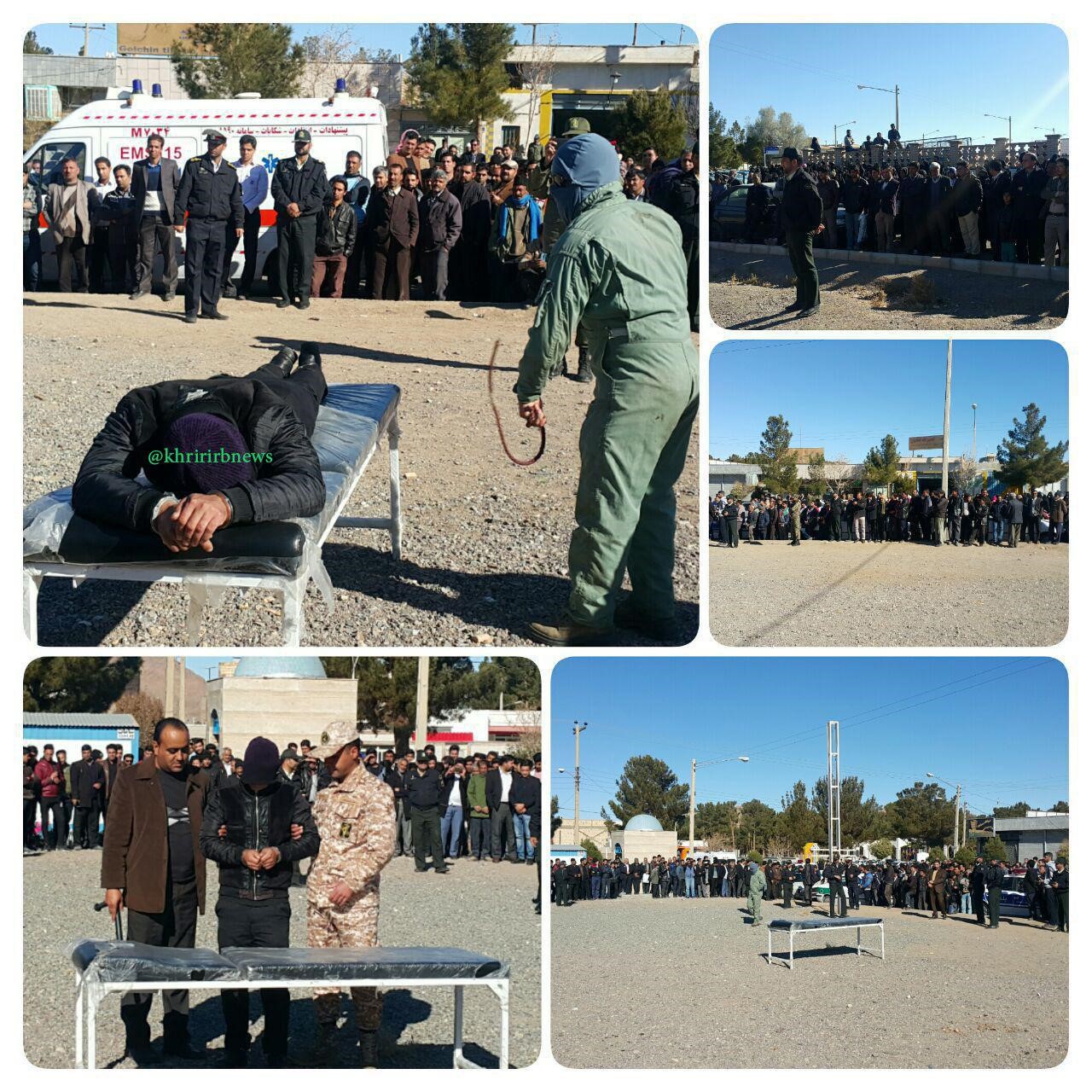Findings of guilt in the Islamic Republic of Iran's Judicial Proceedings
The Islamic Republic of Iran's criminal justice system regularly falls short of the standards for due process necessary for impartiality, fairness, and efficacy. Suspects are often held incommunicado and not told of the reason for their detainment. Defendants are frequently prohibited from examining the evidence used against them. Defendants are sometimes prohibited from having their lawyers present in court. Additionally, confessions, made under duress or torture, are commonly admitted as proof of guilt. Because Iran's courts regularly disregard principles essential to the proper administration of justice, findings of guilt may not be evaluated with certainty.
Corporal Punishment: the Legal context in the Islamic Republic of Iran
The Islamic Republic's criminal code recognizes corporal punishment for a wide range of offenses: consumption of alcohol, theft, adultery, "flouting" of public morals, and mixing of the sexes in public. Judges have the latitude to mete out corporal punishment for those sentenced to death. In such cases, the flogging is carried out before death to maximize the suffering of defendant. Aside from flogging, the Islamic Republic also employs amputations as a punishment for theft. In such cases, the defendant is taken to a hospital and put under anesthesia as his hand or foot is amputated. In some cases the left foot and right hand are cut off, making it difficult for the condemned to walk, even with the assistance of a cane or crutches.
The Islamic Republic's Systematic Violation of its International Obligations under International Law
The use of corporal punishment is contrary to international law and is addressed in several international agreements. Article 5 of the Universal Declaration of Human Rights, which Iran has ratified, states that, "No one shall be subjected to torture or to cruel, inhuman or degrading treatment or punishment." Identical language is also used in the International Covenant on Civil and Political Rights (ICCPR), which Iran is also a party to. The strongest expression of international disapproval is contained in the Convention Against Torture and Other Cruel, Inhuman or Degrading Treatment or Punishment (CAT). This treaty defines torture as, "any act by which severe pain or suffering, whether physical or mental, is intentionally inflicted on a person for such purposes as ... punishing him for an act he or a third person has committed or is suspected of having committed." Although the Islamic Republic of Iran has yet to sign the CAT, the prohibition on torture is now considered jus cogens and, therefore, part of customary international law. Furthermore, even though the norm against corporal punishment is not yet a jus cogens, there is increasing evidence that it is illegal under international human rights law.[1] In Osbourne v. Jamaica, the Committee Against Torture (a body of experts responsible for monitoring compliance with the Convention) held that "corporal punishment constitutes cruel, inhuman and degrading treatment or punishment contrary to Article 7 of the Convention." The Islamic Republic of Iran's systematic violations of its obligations under international law have been addressed by the UN General Assembly multiple times, most recently in December 2007. In Resolution 62/168, the UN expressed deep concern with Iran's continued flouting of international human rights law, particularly, "confirmed instances of torture and cruel, inhuman or degrading treatment or punishment, including flogging and amputations."

